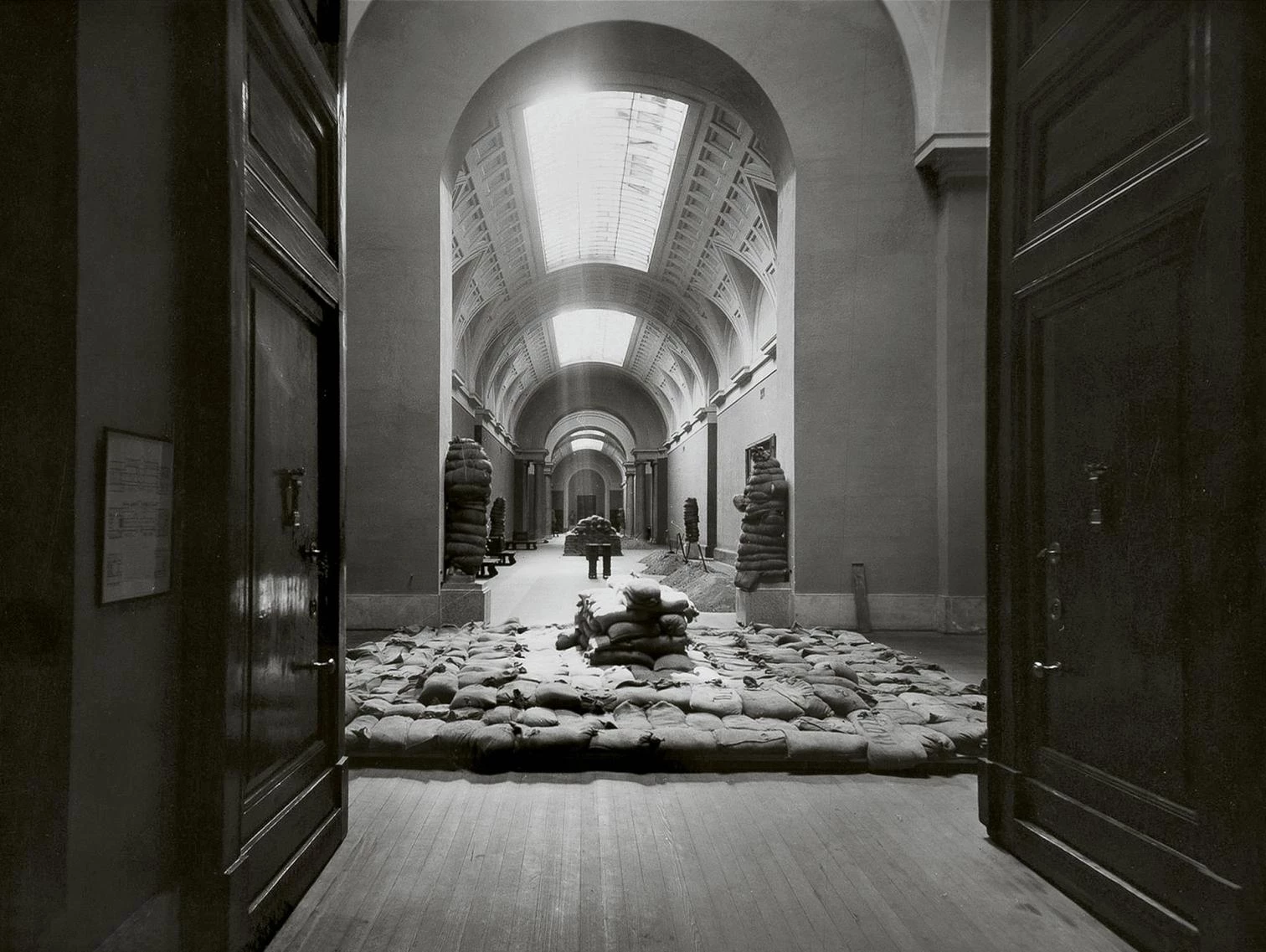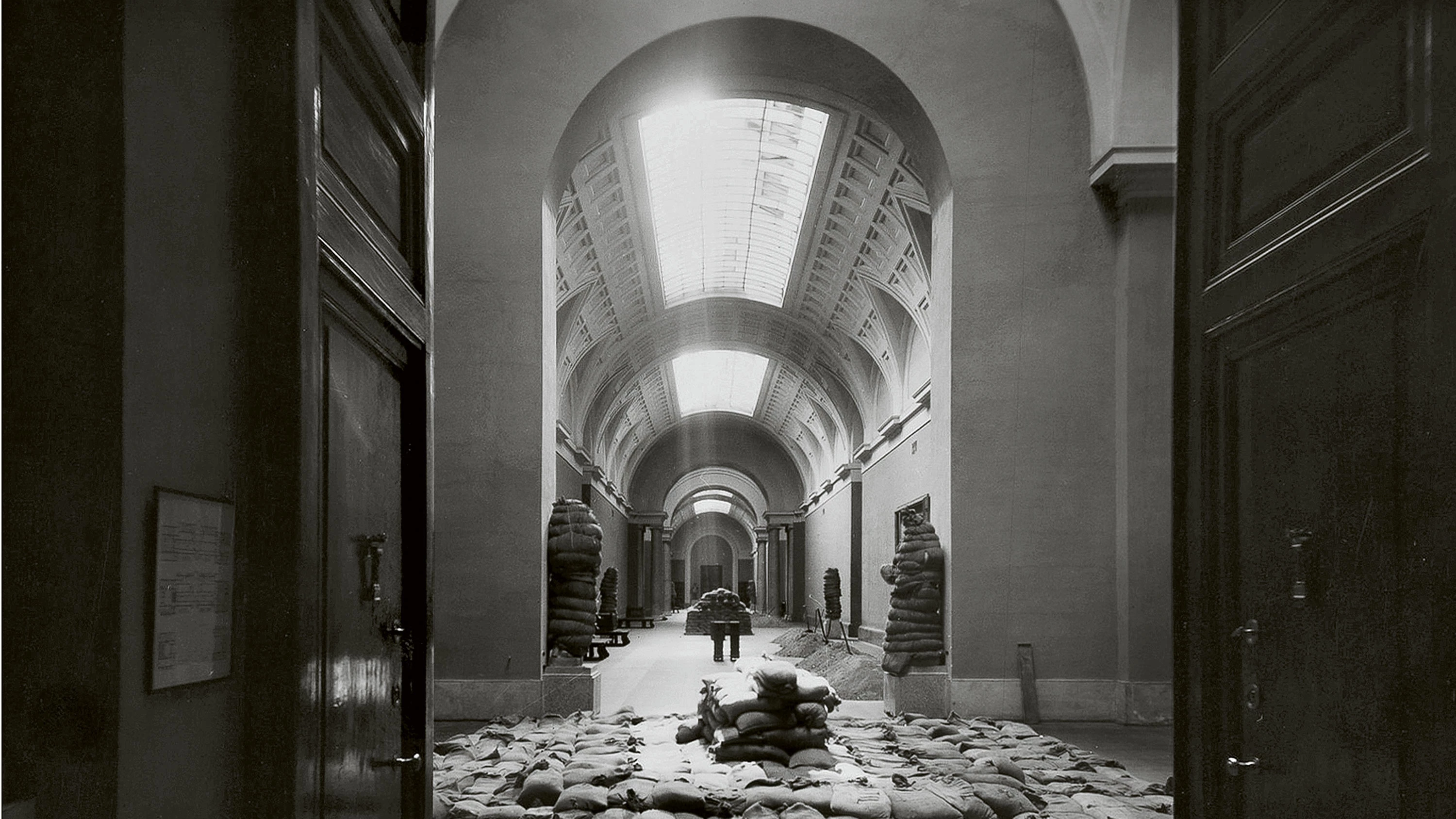
© Museo Nacional del Prado
Does history serve architects? Often. If we assume that no architect who has made a significant contribution has ever been an analphabet, history has irrigated everyone’s thinking, being the object of literal interpretations, instrumental readings, or, on the contrary, leading to the repression of any precedent. It has also been the object of rejection movements in the radical schools of the 20th century, or during the ‘Cultural’ Revolution in China.
Is history useful to engineers? In some cases. Few engineers seem to be convinced that the most recent techniques are the only relevant ones, and that old solutions are obsolete, or only of documentary interest. Some, among the most brilliant of them, know how to find in the study of Gothic buildings or 19th-century metallic structures ways of thinking capable of inspiring contemporary projects.
Is history useful to preservationists? Always. It is obvious that the use value of history is greatest for those whose primary occupation is the conservation or restoration of buildings. Even if research is based on a purely textual corpus, it contributes to the understanding of decisions that determine their design and construction, and thus allows for the formulation of legitimate hypotheses able to stand the test of time. Defined as a Baugeschichte, it helps them all the more because it takes as its object the material work and not the intellectual work.
Is history useful to politicians? Unquestionably. Many of the regimes that have elaborated an architectural policy – and not only the patent totalitarianisms, whether German, Italian, Japanese, or Russian – have based it on precedents. These programs have tried to create historical narratives, from the most elaborate to the most banal, to justify historicist forms.
Does history serve the military? Occasionally. Armies have a sense of history and piously preserve the memory of their past exploits and sometimes defeats. They are in general careful custodians of their built heritage, to which they tend to stick. If they use history, they have also known how to mobilize it to avoid collateral damage, as for example during the Allied bombing of Italy, France, and Germany in the Second World War. It saw the historians recruited by the Roberts Commission draw up maps of the monuments to be spared during the raids. Conversely, the Luftwaffe had undertaken the so-called Baedecker raids to specifically destroy historic cities in southern Britain, after losing the Battle of Britain in 1940.
Does history serve those who write it? Absolutely. Having become an autonomous discipline in Germany at the beginning of the 20th century, the horizon of historical research is inseparably linked to the production of knowledge and the regulation of the careers of its producers, to the point of seeming, in the end, to be addressed only to itself, or geared towards the reproduction of the system.
Is history useful for lay people? Probably. In addition to circuits of scholarly dissemination, the history of architecture is also present in multiple publications with a tourist or local scope, often of the order of simple popularization but sometimes nourished by rigorous research. Guides, brochures, or leaflets reach the public of amateurs and visitors, much more than do the discourses of researchers.
Does history serve citizens? Unquestionably. The diffusion of the history of architecture makes them more attentive to the efforts that powers-that-be make to transform urban space. Knowledge contributes in this case to the elaboration of preservation strategies, by conferring on existing works the value of monuments.
The history of architecture has a set of use values, and sometimes a certain exchange value. But like false currency trying to stand in for real money, any weakening of scientific research, whether due to lack of means, ambition, or intellectual audacity, could automatically reinforce a potentially toxic sub-literature.






